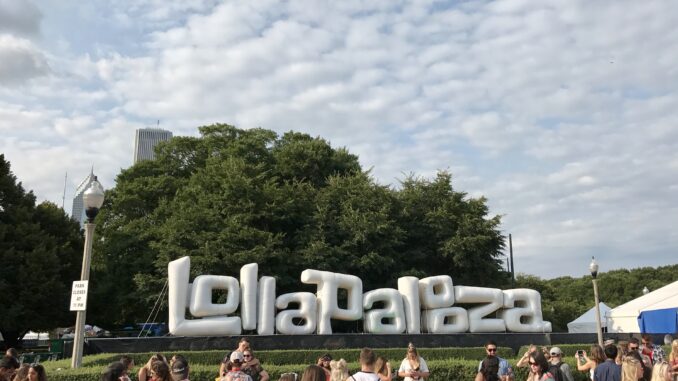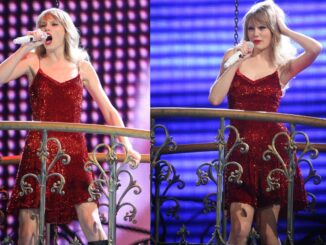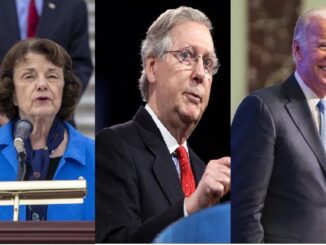
Lollapalooza, the renowned music festival, has been a source of both excitement and concern for Chicago taxpayers. While the event attracts thousands of visitors and generates significant revenue for the city, it has also been a subject of criticism due to its financial impact.
The festival requires extensive planning, security, and infrastructure, which comes at a substantial cost to the city. Critics argue that the funds allocated to support Lollapalooza could be better used to address pressing issues, such as education, public safety, and social programs.
Moreover, the arrangement with the festival’s organizers has come under scrutiny. Critics question the transparency and accountability in the financial dealings between Lollapalooza’s promoters and the city. Some believe that the city should demand a larger share of the festival’s profits to offset the burden on taxpayers.
Proponents of Lollapalooza argue that the festival’s economic benefits outweigh the costs. The influx of tourists boosts local businesses, hotels, and restaurants, providing a much-needed boost to the city’s economy.
As the debate continues, Chicago taxpayers are left to grapple with the complexities of hosting such a massive event. Balancing the cultural significance and economic benefits of Lollapalooza with the financial strain it places on the city remains a challenge that requires careful consideration and open dialogue.



Be the first to comment